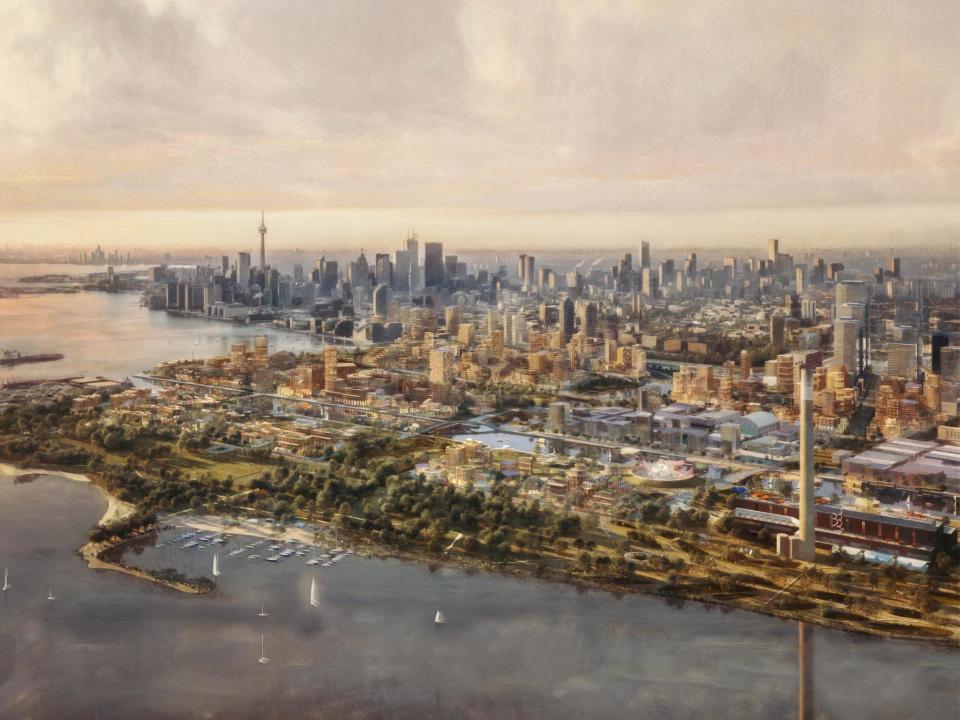Google shuts down Toronto smart city project due to coronavirus

An operation ran by an affiliate of Google by which Totonto’s waterfront would become a ‘smart city,’ has been cancelled by the technology giant.
Daniel L. Doctoroff, the CEO of Sidewalk Labs (a company held under Google’s parent company Alphabet Inc.) said in a blog post that it will “no longer pursue the Quayside project.”
Doctoroff said the reason was due to the coronavirus pandemic, which he describes as “unprecedented economic uncertainty [which] has set in around the world”. The project, which would have spanned 12 acres, apparently became “too difficult”.
This is after Google scaled back its original proposal, which would have developed 190 acres of property and was hotly contested by the development agency Waterfront Toronto.
“I believe that the ideas we have developed over the last two-and-a-half years will represent a meaningful contribution to the work of tackling big urban problems, particularly in the areas of affordability and sustainability” Doctoroff also said.
The development between Google and Totonto to create the new town – named Quayside – was intended to be “a blueprint for the 21st-century urban neighbourhood”.
Innovations included retractable canopies, heated bike and pedestrian paths which would melt snow, and buildings that would “block wind in winter but not during the summer”.
However, many criticised Google’s intentions in the project. US venture capitalist Roger McNamee said last year that: “The smart city project on the Toronto waterfront is the most highly evolved version to date of … surveillance capitalism”, and suggested that Google would use “algorithms to nudge human behavior” in ways to “favor its business”.
“No matter what Google is offering, the value to Toronto cannot possibly approach the value your city is giving up,” he also wrote. “It is a dystopian vision that has no place in a democratic society.”
The year before Jim Balsillie, co-founder of the company behind BlackBerry, Research in Motion, said that the project was “a colonizing experiment in surveillance capitalism attempting to bulldoze important urban, civic and political issues”.
Sidewalk Labs had previously said that a “data trust” would be used, so that “urban data” collected would not be shared by third parties, and that it would use “open standards for any digital infrastructure and services it provides”
In a recent interview about the closure of the project John Tory, the mayor of Totonto, said that he was “disappointed” but that “everyone acted in good faith” even though the project “got off to a bad start".

 Yahoo Finance
Yahoo Finance